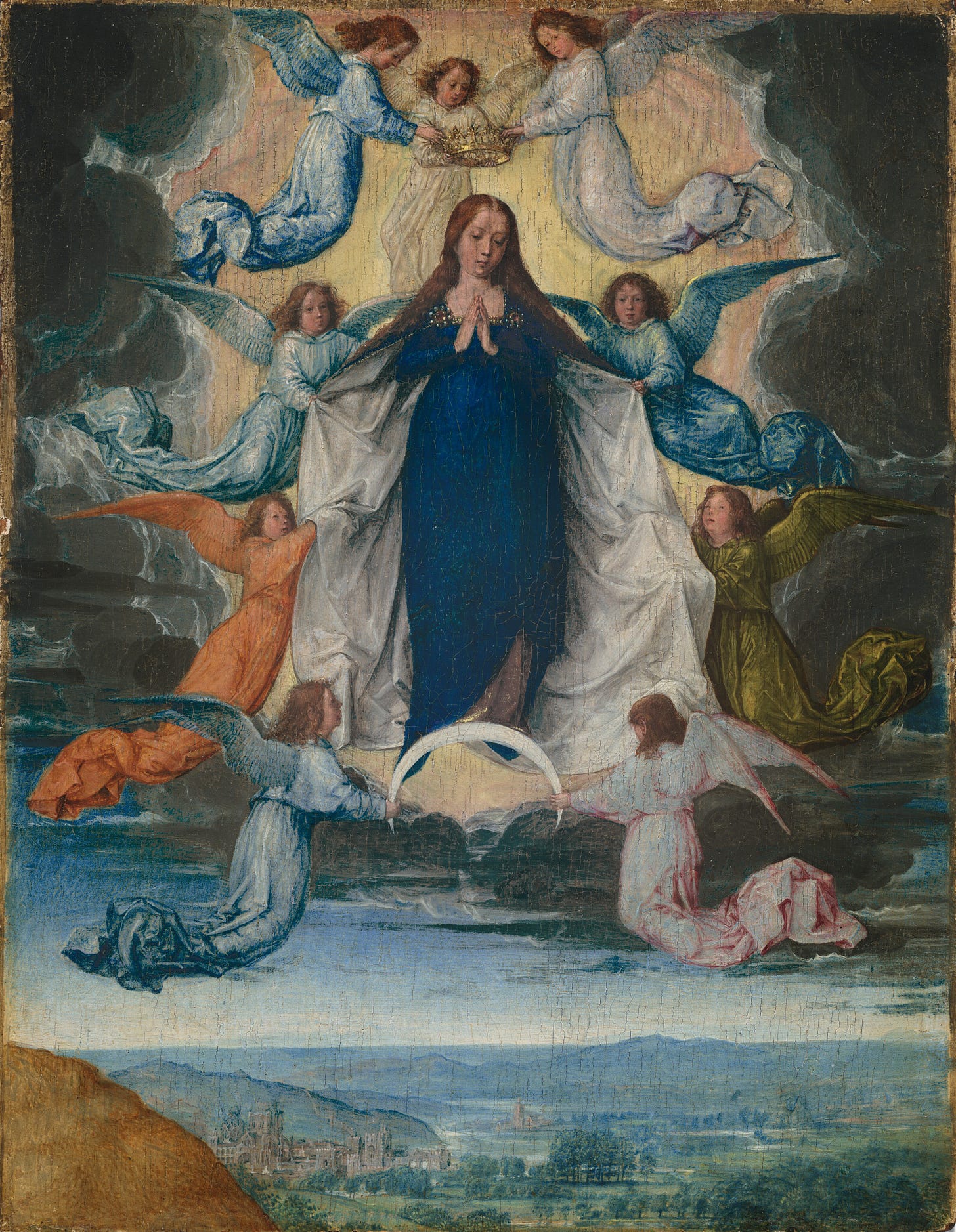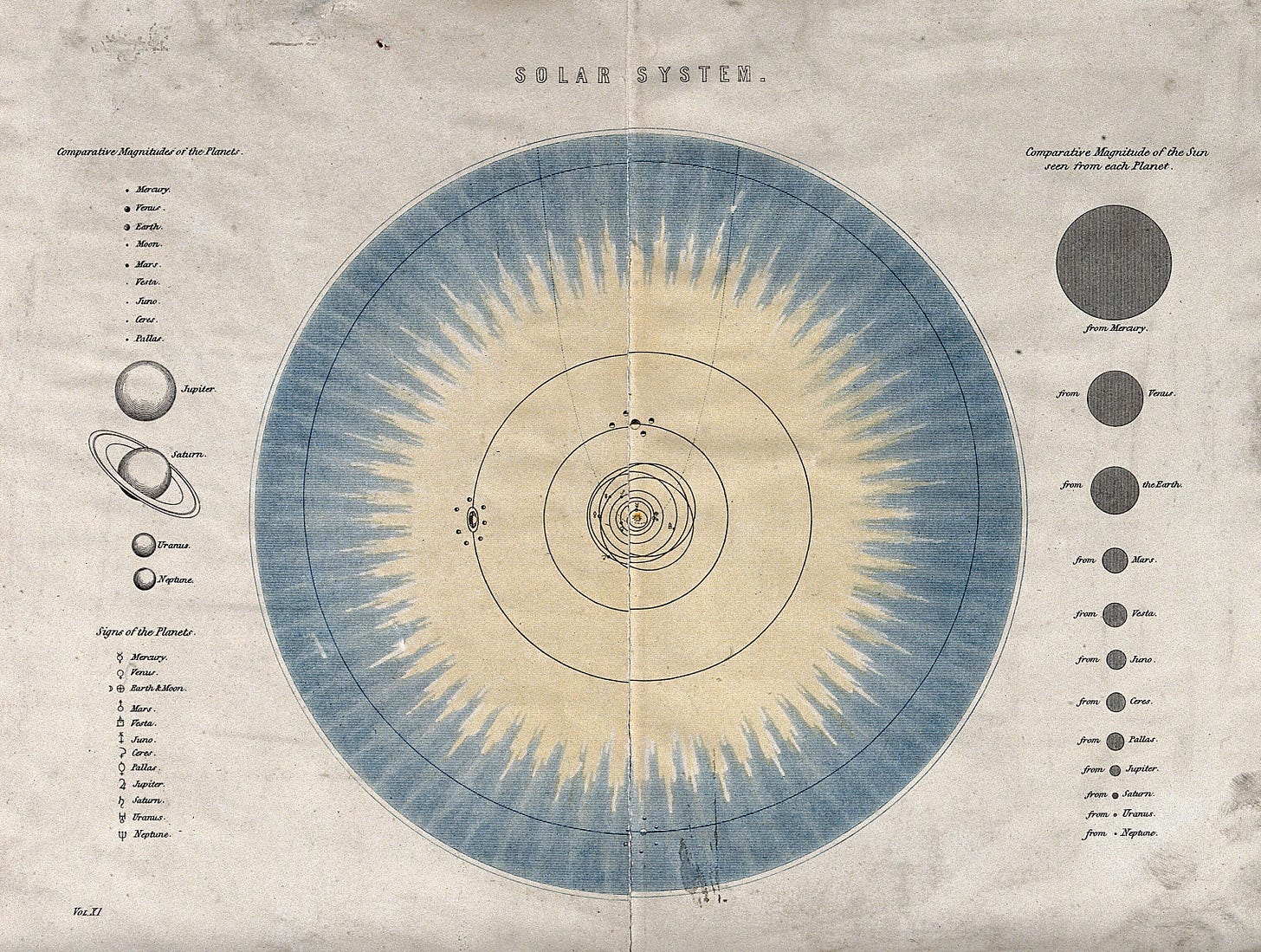I found the exact moment Murakami fearlessly pursued his calling
What one writer's bold first steps teach us about trusting our direction
If your calling fell into your lap from the heavens would you pursue it immediately?
Most people would not.
Rather than accept this inner knowing they ignore it—pointing at their pay-checks, or the judgement of others whilst proceeding to list all the rational reasons as to why this is a bad idea.
However if we do accept it, it will liberate us and set our vocation in motion.
We need to only look at Huraki Murakami, the famous author for Kafka on the Shore, Norwegian Wood and more, as an example.
While reading Murakami’s book Novelist as a Vocation I stumbled upon the exact moment that Murakami realised his path. I want to share this passage with you verbatim because he explains how one moment changes his life at a baseball game.
Take a read…
"I think Hiroshima's starting pitcher that day was Satoshi Taka-hashi. Yakult countered with Takeshi Yasuda. In the bottom of the first inning, Hilton slammed Takahashi's first pitch into left field for a clean double. The satisfying crack when bat met ball resounded through Jingu Stadium. Scattered applause rose around me. In that instant, and based on no grounds whatsoever, it suddenly struck me: I think I can write a novel.
I can still recall the exact sensation. It was as if something had come fluttering down from the sky and I had caught it cleanly in my hands. I had no idea why it had chanced to fall into my grasp. I didn't know then, and I don't know now. Whatever the reason, it had taken place. It was like a revelation. Or maybe "epiphany" is a better word. All I can say is that my life was drastically and permanently altered in that instant when leadoff batter Dave Hilton belted that beautiful ringing double at Jingu Stadium.
After the game (Yakult won, as I recall), I took the train to Shin-juku, went to the Kinokuniya bookstore, picked up a sheaf of writing paper, and splurged on a Sailor fountain pen for two thousand yen. Word processors and computers weren't around back then, which meant I had to write everything by hand, one character at a time. The sensation of writing felt very fresh. I was thrilled. It had been such a long time since I had put fountain pen to paper."
Murakami did not hesitate after hearing his calling and leapt immediately into action
He was fearless.
He picked up the necessary supplies the same day he heard his calling and within 6 months he had his first novel written.
Which leads me to a very important vocational topic: resistance after revelation.
Resistance after revelation
Resistance after revelation is the simple idea that after we come into contact with our calling, we seek to deny it.
Typically caused by self-preservation. Although at the moment of revelation we’re certain that this is true, time passes and the further away we get from it, the weaker the experience becomes and the easier it is to fall into doubt.
Without a constant return to self (which you can read about more in an article I did on Doechii’s path here), and without a foundational anchor that helps us ground these experiences in our future, it’s incredibly easy to resist our calling instead of fearlessly pursuing our path.
Practical resistance after revelation
There are two main types of resistance after revelation and the first is practical resistance.
This is where we use practical realities of the world we live in to not pursue our path. For example denying the call because we already have an established job, career or business and we do not want to disrupt or destroy what we’ve built. Even if we know they’re not correct for us. Because we fear that changing our lives might make things worse and may put us back at the beginning.
We also fear (often unconsciously) that if we succeed in pursuing our calling it will ask more of us than we’ve ever asked of ourselves before and we don’t know if we can handle that. However Murakami shows us a real world example of how this practical resistance can be faced.
We know after the baseball game Murakami immediately goes to the bookstore where he can buy paper and a pen — but what isn’t mentioned above is that Murakami and his wife Yoko Murakami had been running a jazz café for 4 years and were steadily building it to support themselves. He took immediate action despite this.
Entertaining this practical resistance would have cut him off from this revelation.
No Kafka on the Shore and no 1Q84.
He’s not thinking about the financial viability or how if this is successful it will mean selling the café even though his income may dip (which is what he inevitably did), rather, he’s immersed in the pursuit. Allowing it to unfold without needing to have all the answers.
Psychological resistance after revelation
The second type of resistance after revelation is psychological resistance.
This means that there are psychological obstacles which can lead to denying the call, like the anxiety that is felt when we believe that our work will not be good enough. So why bother? These thoughts hijack our path and cause us to question, to doubt and to avoid what we know we should pursue. The reason for this is because we’re seeking self-preservation and a continuation of self-certainty.
However when the wall between our inner world and external world is like a thick stone wall, focused on protecting the inner self, we suffocate our soul.
Rather than believing our internal resistance and giving it so much credibility that we deny the call, we need to believe in the revelation. That’s what Murakami did.
What’s interesting about Murakami immediately acting on this revelation is that we can equally imagine someone doing the opposite. Thinking to themselves that they’re not a novelist and that going to the bookstore to buy pen and paper is just a fantasy and not realistic. Catching the train home after the Yakult baseball game and never detouring from current existence. Continuing to run the jazz café for the rest of their life and ignoring the call. Accepting the psychological resistance as a factual reality.
But instead he does something that very few people do.
He believes in what he experienced.
He takes his inner world and this revelation as a serious source of truth. Allowing it to supersede the realities of how one should pursue their path.
One must believe in their direction, even when it’s “...based on no grounds whatsoever.”
“Under normal circumstances, it would have ended there–I would have walked away. But the epiphany I had received on Jingu Stadium’s grassy slope was still clearly etched in my mind.” – Murakami, Novelist of a Vocation
Helpful questions to ask yourself
Have you ever received an epiphany or revelation about your path and ignored it? If you have, why did you ignore it?
Do you believe that Murakami would have been better off if he resisted his revelation? Why do you believe this?
Where do you resist your honest direction and do you believe you are better off for resisting it? Why do you believe this?
Murakami fearlessly pursued his calling and showed us that we too can do the same. But to do this we have to overcome any resistance to our revelations, epiphanies and inner truths.
Whilst most people seek to immediately deny their callings because of resistance after revelation—what would happen if instead of rejecting, we believed?
Career Archetypes Membership: Looking to discover your unique Career Archetype + find your vocation? Join our 8 week course + community here ($29/month so it doesn’t break the bank) 🖥️
More free resources: For more insights & encouragement follow us on Instagram @thecareerarchetypes or tune into The Career Archetypes Podcast on Spotify








"He believes in what he experiences. He takes his inner world as a serious source of Truth."
You're pointing out what so many ignore. At the peril of their own Self.
If we don't listen to that quiet persistent voice inside, how can we expect to feel whole?
It shouldn't surprise us if our life feels of the mark.
Thank you for these important insights..
Such an insightful and engaging style of writing, unlike so much "self-improvement" content around nowadays, and compete with insights at the end, quotes, and all the other bells and whistles too! Superb piece. Murakami is one of my favorite authors!
I suppose just as it is vital to heed the call of these flashes of guidance and direction, so too is it a critical skill to recognize when these flashes take place to begin with. I wonder if or when I might have my own, or if perhaps I've already had one before and just didn't know it. Can't wait for your next post.